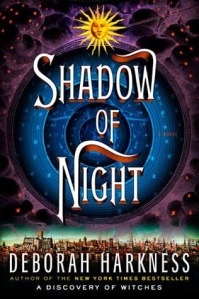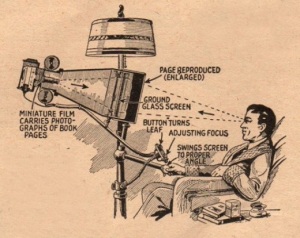After they're gone
 It happens every time -- I wind up obsessed with the writers who appeared at the Key West Literary Seminar for months after the event. Perhaps it's just the inevitable effect of spending four days in their company, or thinking about their subjects.
I at least have a valid excuse for reading After I'm Gone by Laura Lippman after the Seminar -- because it wasn't published until February. What a great read it is -- an unconventional crime novel in many ways, more of an examination of what happens to a family when its center mysteriously disappears. In this case it was first Felix Brewer, and later his mistress, who disappeared exactly 10 years after her lover. Many assumed she had gone to join him -- until her body showed up 12 years after that.
It happens every time -- I wind up obsessed with the writers who appeared at the Key West Literary Seminar for months after the event. Perhaps it's just the inevitable effect of spending four days in their company, or thinking about their subjects.
I at least have a valid excuse for reading After I'm Gone by Laura Lippman after the Seminar -- because it wasn't published until February. What a great read it is -- an unconventional crime novel in many ways, more of an examination of what happens to a family when its center mysteriously disappears. In this case it was first Felix Brewer, and later his mistress, who disappeared exactly 10 years after her lover. Many assumed she had gone to join him -- until her body showed up 12 years after that.
Another decade has passed by the time it gets taken up as a cold case by Sandy Sanchez, a retired homicide detective now working as a consultant for the Baltimore Police Department. But the real pleasure of the book is not just following Sandy's investigation, but in learning the story through chapters that move fluidly among characters and in different times. It provides a portrait of Baltimore in the second half of the 20th century, for the most part, in a particular upper middle class Jewish circle. And it never flags -- while in some books that alternate viewpoints you just can't wait to get away from some characters and back to others (ahem, George R.R. Martin), in this one every single chapter was interesting in its own right and I was always glad to pick up with whomever Lippman wanted to tell us about next. The whodunit aspect is satisfying, in the end (I hadn't guessed it) but the real pleasure of this book, for me, was the people.
Speaking of compelling characters, I've just caught up to Malla Nunn's series of Emmanuel Cooper novels (s0 far) with an advanced copy of Present Darkness, which publishes in June. The books are set in South Africa in the early 1950s, just as apartheid is being instituted, and it's a fascinating, horrifying, fraught time period especially for a man in Cooper's position. I don't want to offer any spoilers but suffice it to say that Cooper's background and upbringing means he's in a position to cross a lot of lines. He's also a World War II vet with a nasty case of PTSD decades before that term would be applied -- in his case it manifests as migraines and the voice of his Scottish drill instructor issuing orders and advice inside his head. Start with the first in the series -- A Beautiful Place to Die -- and read them in order.
I had always considered apartheid the most outrageous social atrocity of my high school and college years, and its ending a miracle of my adulthood -- but I had never really sat back and thought about 1) how insanely recent it was 2) its endless complicated consequences for the people who actually had to live with it and 3) how bizarre it was in a country that had just sent soldiers to World War II -- fighting against and defeating a regime built on ethnic hatred. Cooper is a classic crime fiction hero in many ways -- a flawed but admirable man who seeks to do good in a deeply screwed up world. It's a tribute to Nunn's skill that I find myself missing his world when I finish one of her books -- because who would really want to live under those conditions? Yet her people and the plots are so compelling that want to know what happens next for Detective Sergeant Cooper. Like Matthew Shardlake (C.J. Sansom's Tudor series), Gaius Petraeus Ruso (Ruth Downie's Medicus series) and Jackson Brodie (Kate Atkinson), I am eager to hear how he will get out of his next tight spot and figure out a way to, improbably, do some good.


